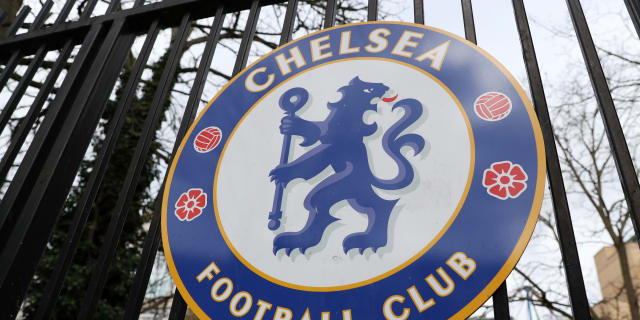Only 17 days to save Chelsea. There was a time when this kind of headline might have startled some people but now does not seem the time to be startled by anything other than existential threats. The alarm at the fate of a football club might not have been in keeping with the wider mood, where it can sometimes feel that we have about 17 days left to save the planet. But that is football, that is the Premier League, a deeply dysfunctional and compelling institution that demands and usually receives attention which sometimes is out of all proportion to…
Cancel at any time. Are you already a member? Log in here.
Want to read the full story?
Unlock this article – and everything else on The Currency – with an annual membership and receive a free Samsonite Upscape suitcase, retailing at €235, delivered to your door.

